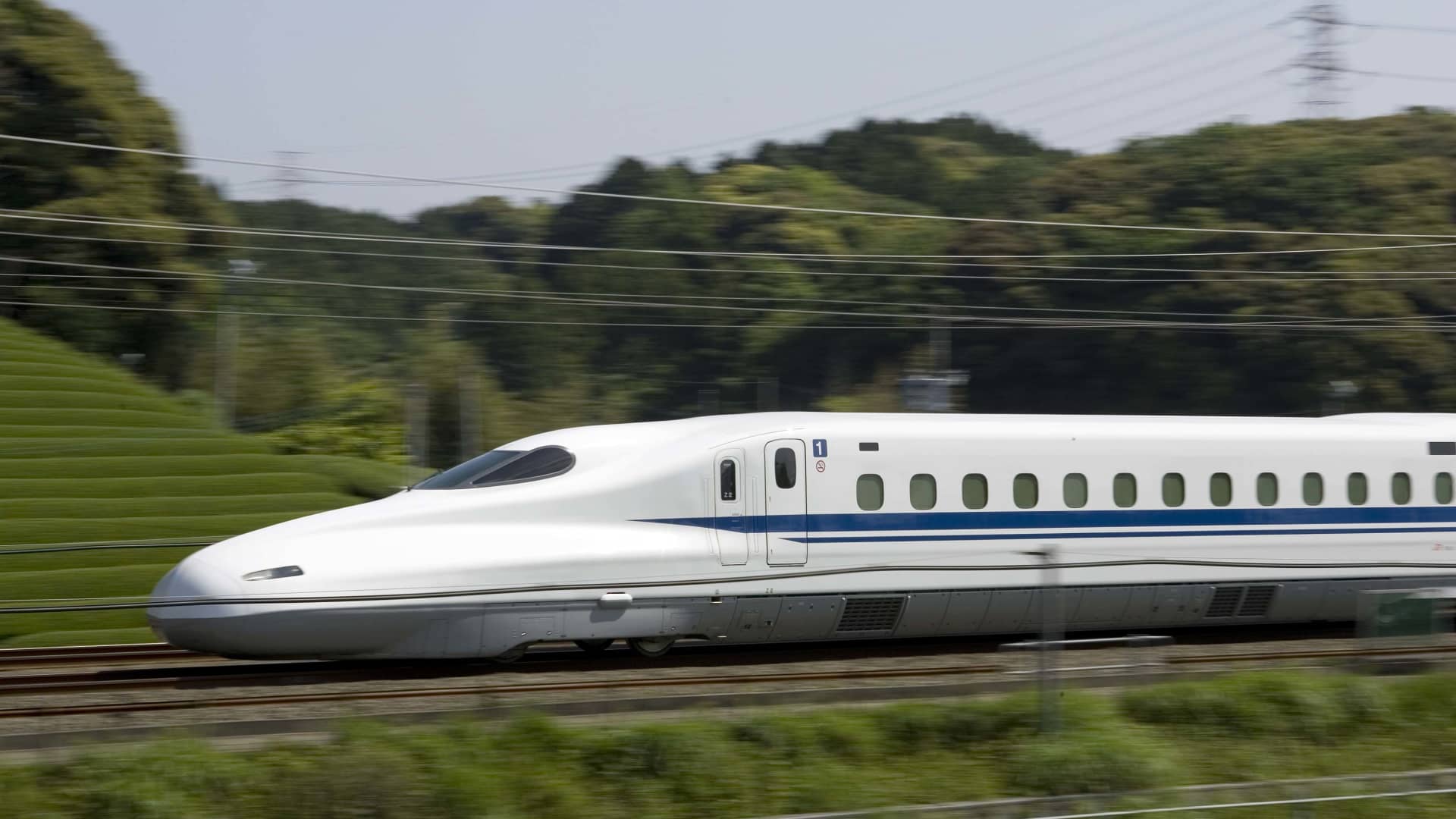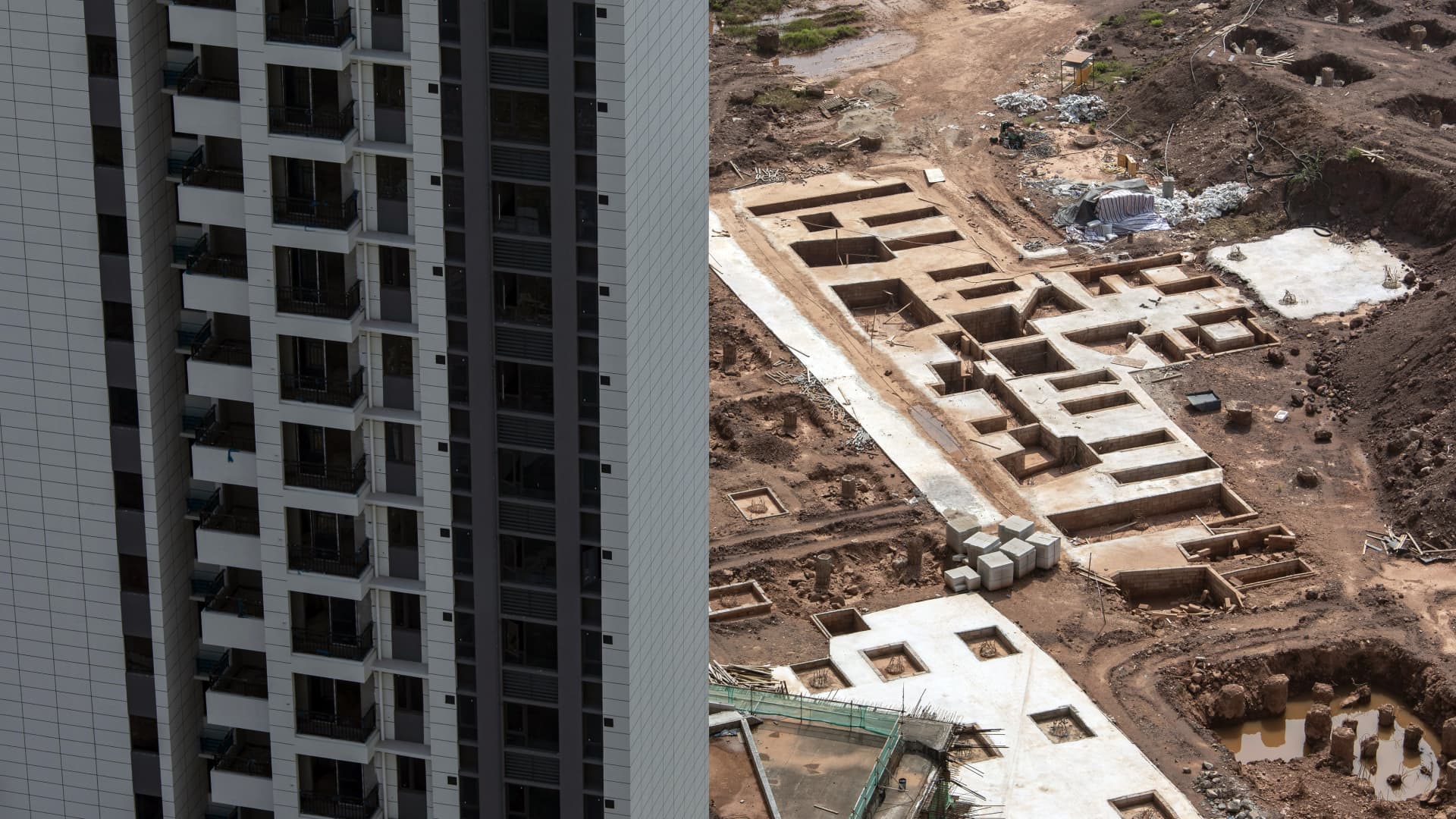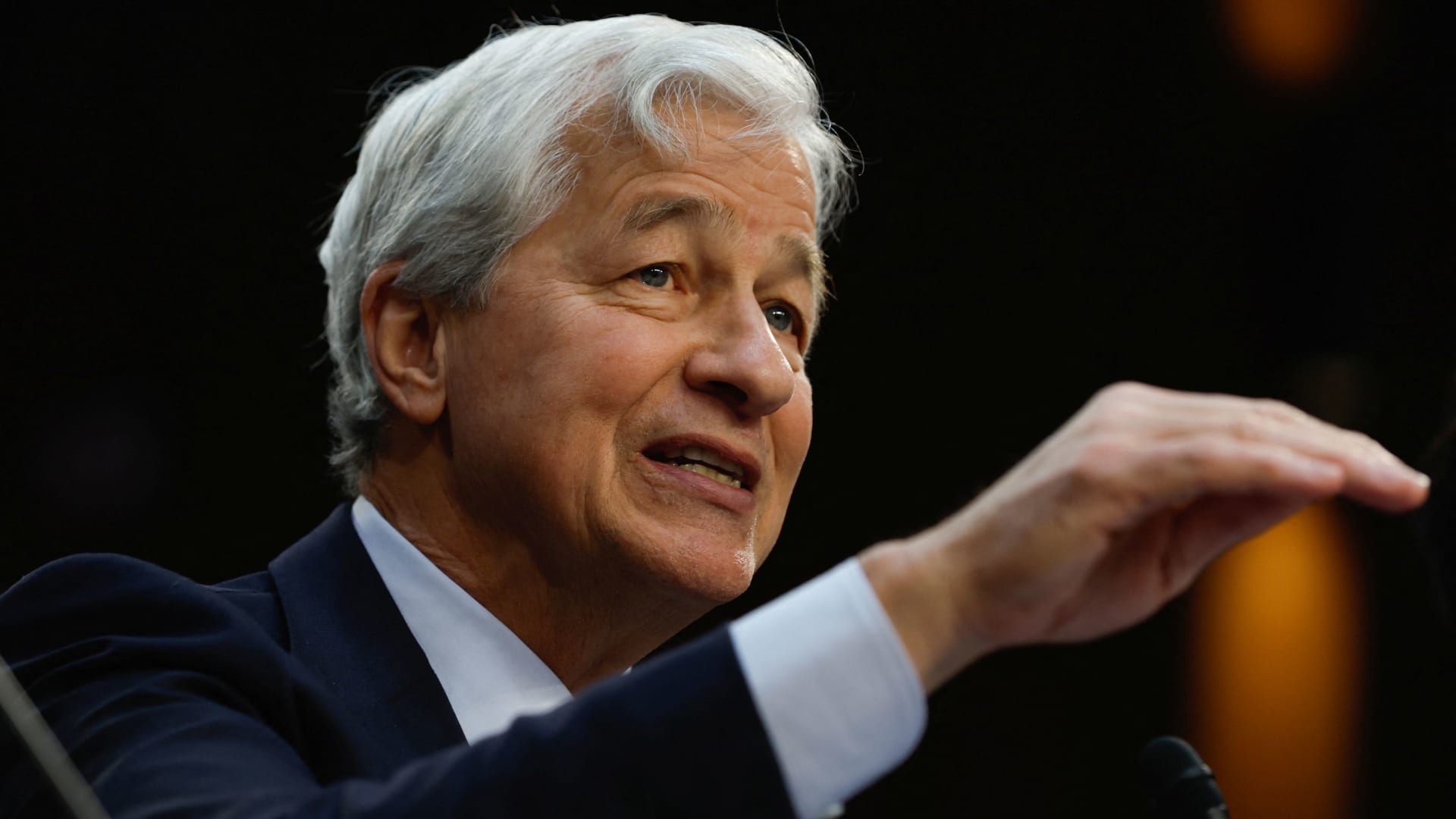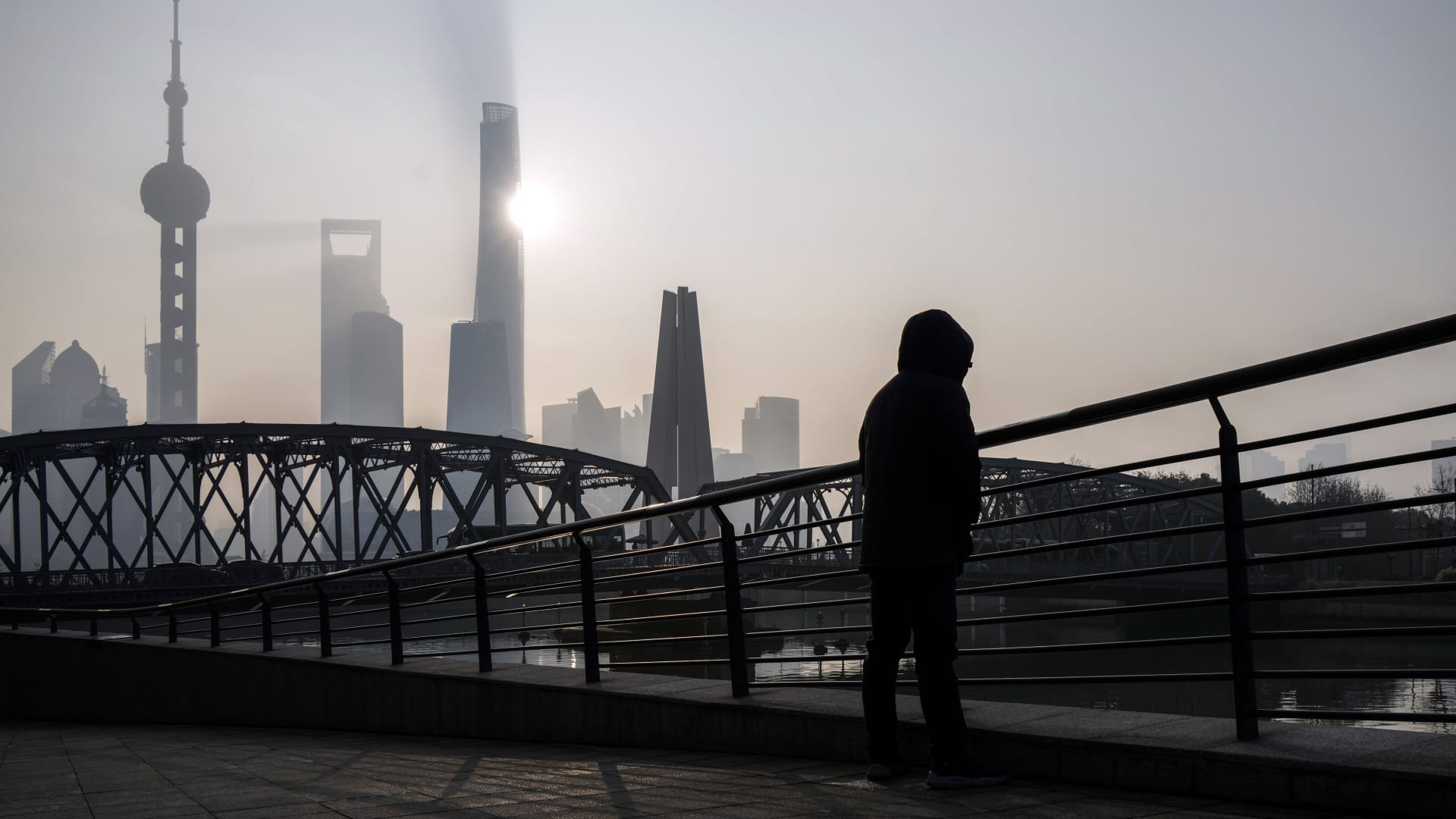Despite decades of research and study, there are still no true high-speed trains in the United States.
Since 1987, investors have been trying to bring high-speed rail to Texas. In 2014, a group organized under the name Texas Central launched the latest attempt to connect Dallas to Houston with a high-speed train that travels more than 200 miles per hour, shortening a three-and-a-half-hour trip to a 90-minute train ride.
“You can’t do that in a car,” said Andy Byford, senior vice president of high-speed rail programs at Amtrak. “You can’t do that when you’re flying, considering you go to the airport, go through security and get back on the other end at the airport.”
Byford is the latest in a long line of US policy experts to call for more high-speed rail connections in the US. In 2023, Amtrak raised new hopes for high-speed rail in the Texas Triangle when it announced its intention to expand its partnership with Texas Central.
The rapidly growing region includes both the Dallas-Fort Worth metroplex and Houston, two of the largest population centers in the country.
“If you don’t build high-speed rail between Dallas and Houston, then you only have two options,” said Congressman Seth Moulton, D-Mass., a former Texas Central executive. “You can either expand the airport or the highway. This will not shorten the travel time between these cities. The drive between Dallas and Houston will still take at least three hours.”
Local experts told CNBC that the growing number of Texas drivers has put a strain on the region’s roads, causing traffic congestion and safety issues.
“Our transportation system is really trying to keep up with our population growth,” said Brianne Glover, senior scientist at the Transportation Institute at Texas A&M University. “Commuters experience approximately 40 hours of delays each year.”
The Texas Central project has been repeatedly delayed as its backers have had to overcome various regulatory hurdles, including environmental reviews and disputes over property rights. In 2022, the Texas Supreme Court declared that Texas Central, a private company, met the legal definition of a public intercity railroad company, giving it the power of eminent domain.
“When I was notified by my nephew about an article about eminent domain, I was completely shocked,” said Jody Berry, a Dallas-based farmer who has spoken out against the Texas Central initiative. The planned route for the high-speed rail project in Texas runs over the Morney-Berry Farm, which Berry’s family has farmed for generations.
“When I found out that high-speed rail might come through our property, I had a very hard time sleeping,” Berry said.
The project is expected to cost at least $33.6 billion, according to a March 2023 estimate from the Reason Foundation. Similar high-speed rail projects around the world have experienced significant development cost overruns, including Japan’s Tokaido Shinkansen system. The Texas route is designed to use N700 cars on the Shinkansen system.
The effort in Texas has received significant support from companies in Japan and the U.S. government. In 2018, the Japan Bank for International Cooperation issued a $300 million loan to support the project. And in late 2023, Texas Central received a grant from the Corridor ID program to study the route’s potential for a partnership with Amtrak.
With a historic $66 billion commitment to passenger rail, the Biden administration appears to have its best chance in generations to build high-speed rail systems. But the project and other publicly funded projects, such as the California project linking Los Angeles to San Francisco, remain uncertain. According to the California High-Speed Rail Authority, the estimated cost of the California project rose from $33 billion to over $100 billion due to delays and opposition from rural landowners.
“The Biden administration’s push for high-speed rail fails to take into account several realities, including a lack of customer demand, a lack of economic viability and impacts on existing rail infrastructure,” Rep. Troy Nehls, R-Texas, said in a November 2023 congressional hearing on intercity passenger rail systems.
Texas Central’s supporters declined repeated requests from CNBC for comment on the project’s progress and expected completion date.
Watch the video Above, learn about the long effort to bring a high-speed rail system to the Texas Triangle.
Source link
2024-03-11 16:28:52
www.cnbc.com













